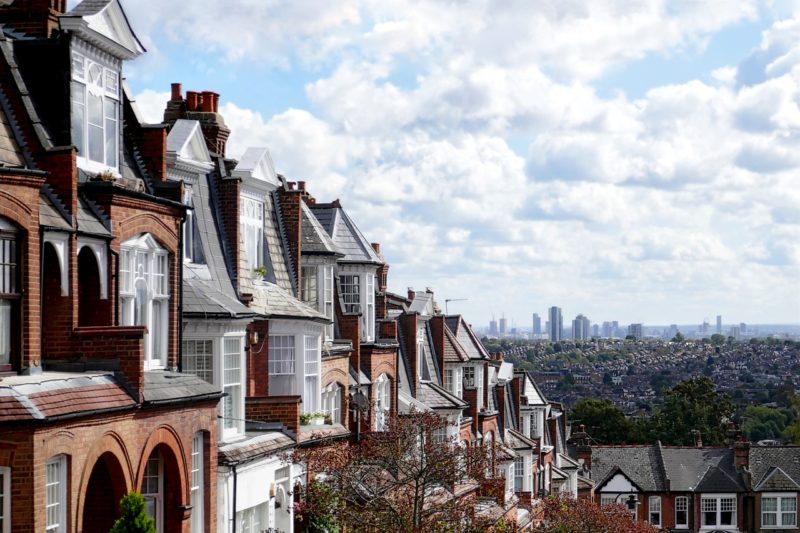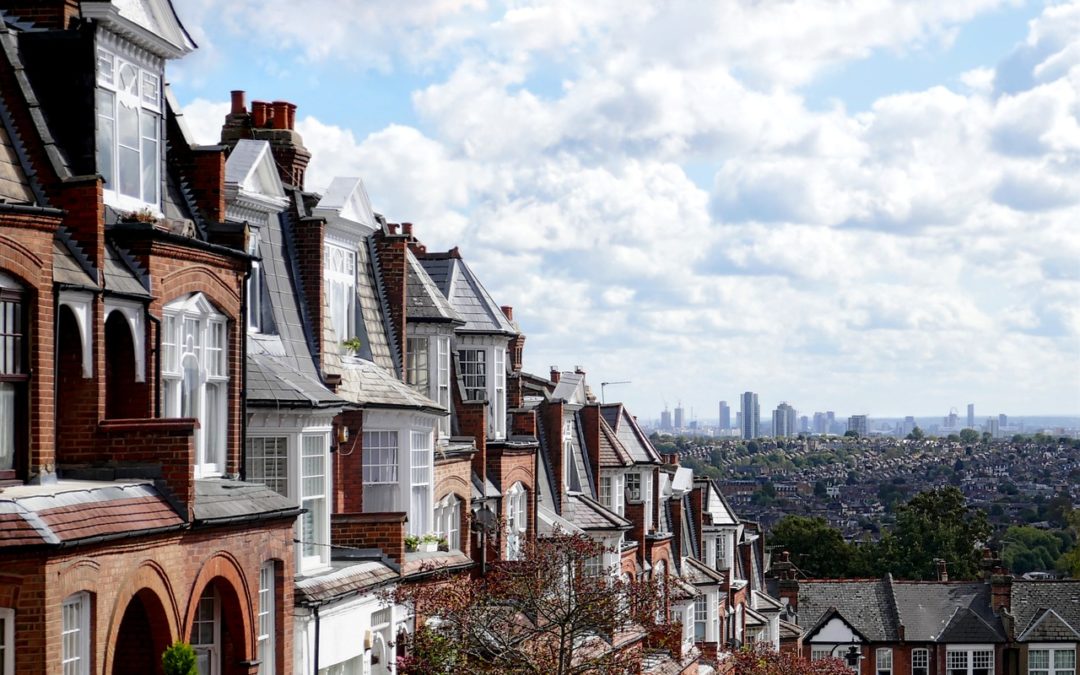Good time to sell?
In recent years, the residential property market in London has been a fairly uninspiring place to be for the investment landlord. Buy to let investors who entered the arena in the past 3/4 years have more often than not seen the value of their properties fall. This is particularly the case in the new build/off plan sector where in some cases the (20%) “new build premium” has worn off pretty quickly in schemes in some of the more secondary locations I keep an eye on, often soon after completion of the project. Yields in the buy to let sector are at historically low levels. Property investors find it easier to accept low yields in a rising market but it is not so easy to justify when capital values fall
The tax reliefs available for basic and higher rate taxpayers in relation to rental income are slowly being phased out by the UK Government. During periods when property prices it is easy for buy to let investors to conclude that selling up is their best option. It is a difficult investment to rationalise when yields are low and there is no immediate prospect of property prices rising. Very few experts are predicting that property values will rise significantly in the immediate future.
So is getting out of the buy to let sector presently the best advice?
I am an investment landlord myself I have personal experience of the difficulties investment landlords face in the buy to let sector. No doubt, these difficulties are more difficult to deal with when the value of your property is falling. A portfolio of buy to let investments requires an almost constant process of management and “investment” to ensure optimal returns. Just last year I carried out a full renovation of one of my long term investment properties which had become tired. The time and money invested in my own property renovation was not insignificant.
Thankfully once we had completed the work, a new tenant was found pretty quickly. Sadly, this tenant turned out to be a disaster, smoking illicitly in the property and ruining some of the furniture. The tenants then fled overseas without paying the last 3 months rent. This was particularly heartbreaking having just so recently reinvested in the property. Whilst some of the damage was covered by a 6-week deposit, to have to reinvest time, energy and money so soon after a major renovation, was particularly hard to take. I have to admit being tempted just to put the property on the sales market once the tenants had vacated. For a thankfully brief moment, I considered just calling the estate agent and arranging to have the property sold. The property was relatively newly refurbished and with a little more work could be reinstated again into decent condition for a sale. I am sure that other investment landlords would have felt the same given similar circumstances. An easy mistake to make and almost certainly the wrong (emotional) decision to make.
So why is this not a good time to be considering a sale of your investment property?
It is just not a great time to be selling right now!
After I had calmed down and reappraised the situation with my property, it was fairly obvious that to have sold the property at this time in the market would have been the wrong thing to do. 2018/19 has just not been a sellers’ market for any category of property. To achieve a property sale in the present climate is not easy. While the UK’s economy is in the doldrums and the Brexit process is ongoing, the property market has been slow. Buyers are out there but they are looking for bargains. Selling in today’s property market is about being sensibly priced and realistic with your expectations. There are certainly no premium prices being achieved across all price ranges in London right now. If you have to sell in times like these, it is buyers who are dictating the terms. Fine if you have owned the property for 10 to 15 years but not great if you only recently entered the investment property buy to let market.
Being a successful investment landlord is about taking the rough with the smooth.
Bad tenants and void periods are a fact of life in the buy to let sector. Thankfully there are more good tenants than bad and the good times usually outweigh the bad ones. Issues such as those I recently experienced are an example of unusually bad luck. Taking take the long term view and looking at your property investment returns over a 2 or 3 year period is the best way to assess whether your investment has been a successful one. In the short term, a sensible measure of good property investment is that the net rental income covers mortgage interest payments and service charge obligations. If you bought wisely in the first instance you have given yourself the best prospects for capital appreciation when the property market returns to good health which it inevitably will in our opinion.
Whilst there is presently a lot being written in the press about the death of the buy to let sector, we still firmly believe in property investment as a long term investment class.
Despite recent changes in taxation for investment landlords where mortgage interest relief is slowly being abolished, the long term prognosis for the property market in London remains positive. There are simply too many people who want to live in central London for the number of properties available. This will always keep long term prices trending in the right direction both for rents and sales values. Whilst there are presently sharks in the water smelling blood and cash buyers circling, primed to take advantage of investment landlords who are worried about their future prospects and considering a sale, the wise landlord will wait for better times in the market cycle before considering a sale.
So my advice for investment landlords is now is definitely NOT the time to be selling your investment property.
Unless of course, you have somewhere else to put your money which will give you a significantly better return. Selling investment property generates a capital gains tax liability which as a company, is 30% on any net capital gains. Higher rate taxpayers are charged 28% of their gains. The only way you can escape capital gains tax on the sale of residential property is by claiming private residence relief for the sale of your main home. When this tax is factored into a decision to sell, the best advice for many property investors is to hold on for better times.
Owning a buy to let investment is a long term proposition. The best returns are made when the sales market is strong and prices are on the rise. However, when prices are on the rise, it can be a whole lot easier to stomach those bad situations and inevitable void periods that come along from time to time. The time to exit the buy to let market is when you can clearly see a good return on your original investment and you have better use planned for the money elsewhere.
Making a good return as buy to let investor is a combination of good judgement, good luck and sometimes sheer hard work. It is not a market to be flippant with and there are times when your outgoings seem far greater than the returns on investment. There are also times when it can seem easier to throw in the towel and move on. Taking the long term view and having a realistic perspective about the time and work required to maintain your investment will help to rationalise your asset.
The property investment market in London is going through an unusually protracted period of capital depreciation and very low yields. Despite this, we feel very strongly that the market will turn as certainty returns to the UK economy. During periods of rising capital values, it can seem a whole lot easier to deal with the often mundane day to day issues associated with being an investment landlord.
We feel that the long term prognosis for the central London property market is a positive one. London will continue as a world city whether we are closely allied with the EU or seen to be less actively involved with European politics.
It is during difficult moments in the property market cycle that well-informed buyers look to buy rather than sell and this applies equally to investment property.


